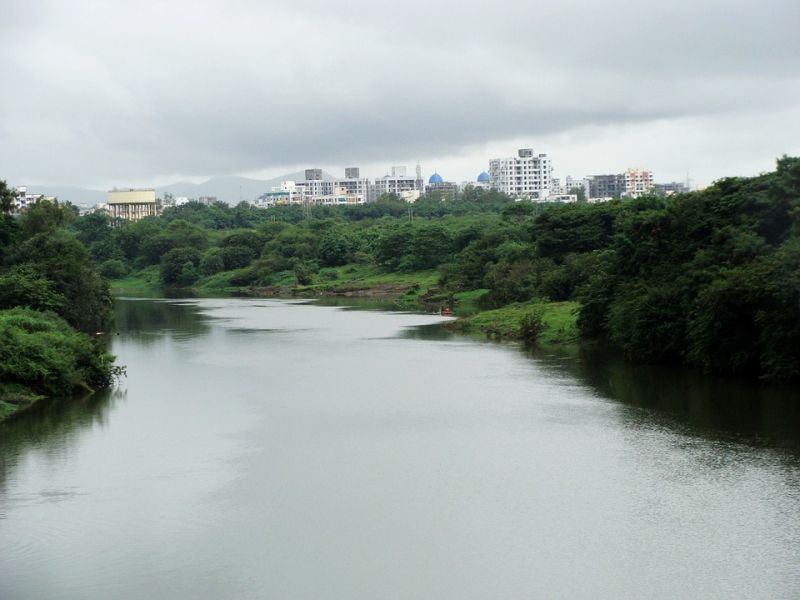Urban Waste Dumping in Rivers Leading to Antibiotic Resistance
Published on by Water Network Research, Official research team of The Water Network in Academic
A team of experts from India and Sweden has flagged concerns over uncontrolled dumping of partly treated/untreated urban waste into rivers--leading to the spread of antibiotic resistance.
Drawing attention to pollution of water courses from domestic waste, they found that antibiotic resistance genes were significantly more abundant in river sediments collected from the city than from upstream sites.

Mutha river, Image source: Pixabay
"The growing resistance amongst bacterial pathogens limits our ability to treat infections. Environment plays an important role in transmission of bacterial pathogens and bacteria carrying antibiotic resistance genes (ARG)," Nachiket P Marathe at the Centre for Antibiotic Resistance Research at the University of Gothenburg, Sweden, told IANS via email.
"Hospital environments have been extensively studied in this perspective, but there is limited data on risks posed by external environment like river on transmission of antibiotic resistance gene carrying bacteria, Marathe said about the study published in Water Research in July.
Marathe and his colleagues from the University of Gothenburg, Sweden, Chalmers University of Technology in Sweden and Savitribai Phule Pune University, Pune, examined the effect of domestic waste pollution on river microflora. Chandan Pal, Swapnil S.Gaikwad, Viktor Jonsson, Erik Kristiansson and Joakim Larsson are the study co-authors.
Sediment samples were collected along Mutha river flowing through Pune in India-at upstream sites as well as locations within the city.
To get a better understanding of total bacteria and resistance genes present in the samples, DNA sequencing method (shotgun metagenomics) was applied.
Overall total antibiotic resistance genes were "30 times more abundant in river sediments from the city compared to upstream sites."
This implied that domestic wastes pollution is enriching the river with bacteria carrying antibiotic resistance genes and river sediments from within the city contain antibiotic resistance genes which can be transferred between bacterial species.
What is more worrying is that some of the bacterial antibiotic-resistance genes detected in the study defend them against last resort drugs (the last choice for treatment), for example, carbapenems.
India, in its National Action Plan on Antimicrobial Resistance (NAP-AMR) 2017 - 2021, says the emergence of resistance is not only limited to the older and more frequently used classes of drugs, but there has also been a rapid increase in resistance to the newer and more expensive drugs, like carbapenems.
"Without very large investments in sewage infrastructure, Indian rivers will unfortunately remain transmission routes for infectious diseases, including being an important reservoir of multi-resistant bacteria. This, in turn, infers increase in morbidity and associated costs to society. Current initiatives to clean up Indian rivers are good, but probably need even more momentum," Larsson told IANS.
Read full article: Tribune India
Media
Taxonomy
- Decontamination
- Contaminant Removal
- River Studies
- River Engineering
- Urban Water
- River Restoration
- Urban Resource Management
- Urban Drainage System